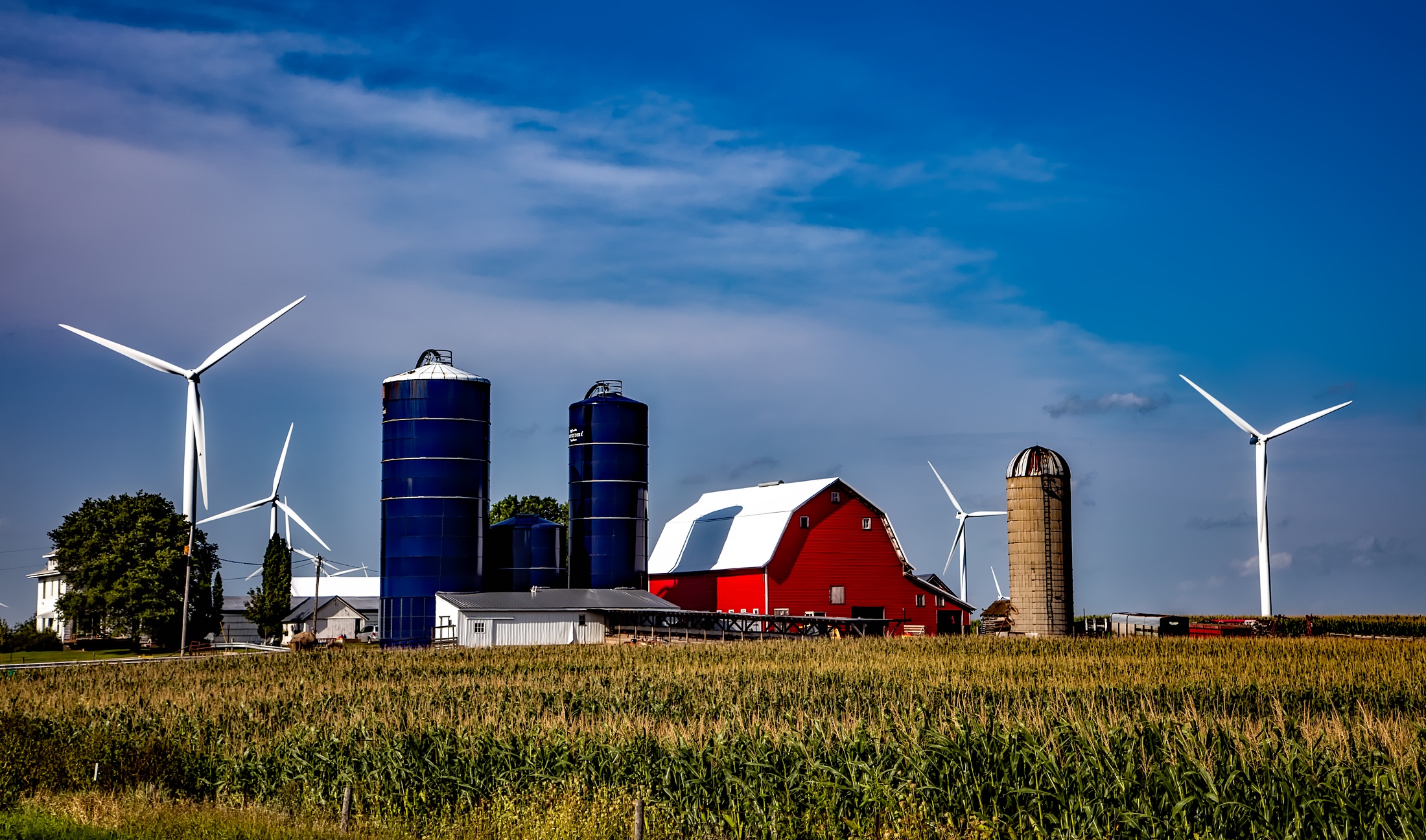By George Harvey
Yale Climate Connections, which refers to itself as “a nonpartisan, multimedia service,” produced a recent video, “Wind Turbines Supporting Rural Economies, Keeping Young People in Agriculture” (http://bit.ly/wind-and-agriculture). It looks at how local people have responded to wind turbines in the two Michigan areas with the greatest numbers of wind turbines, Huron Country and Gratian County.
Much of the video focuses on the work of Sara Mills, Ph.D., of University of Michigan. A fellow of the Gerald R. Ford School of Public Policy, she researched effects of wind turbines on the local farming communities. She summed this up, saying, “What I found was that in communities that had wind farms, those people that were receiving wind farm income were more likely to say that they were going to pass their farm on to a child, or that they had developed a succession plan, and they knew who they were going to pass their farm on to.”
Dr. Mills’ interests include preserving agricultural land. She is usually worried about houses being built on farming land. In the case of the farms with wind turbines on the property, however, she said, “In these communities, we are seeing new homes being built, but more often it’s grandma and grandpa farmer, who are now receiving wind turbine income, building a ranch next to their farmhouse.” She continued, “Because they’ve got kids or grandkids moving into the farmhouse, and they want to age in place in a one-story building rather than a two-story farmhouse.”
Dr. Mills also looked into how much money people were investing into their own farms. What she found was that those people who had wind turbines on their property were investing twice as much as people without.
Skip Pruss, a former Director of the Michigan Department of Energy, Labor, and Economic Growth, spoke to the benefits of wind power for other residents. He said both direct and indirect benefits are substantial, with benefits, especially monetary support, for local governments and schools. During just two years, Huron County and Gratian County received about $45 million in revenues for communities and services.
Liesl Eichler Clark, of the Michigan Energy Innovation Business Council, addressed the intermittent nature of wind resources, pointing out that grid balancers have very sophisticated and accurate tools to know as much as a day in advance how much energy to move into or out of a given area.
Keith Iseler, a local resident and outdoorsman commented that he had seen no unusual behavior of domestic or wild animals when they were near wind turbines. But he also pointed out that the people he knows are more content to continue to own their land, when earlier they had been inclined to sell it.
Dr. Mills concluded that wind turbines are “really helping to preserve farming communities.” They help farmers stay on their farms. They make it easier and more attractive for the subsequent generations to stay on the land. Because they contribute to cash flow and diversify farm income, wind turbines make farming a less risky business.









Leave a Reply